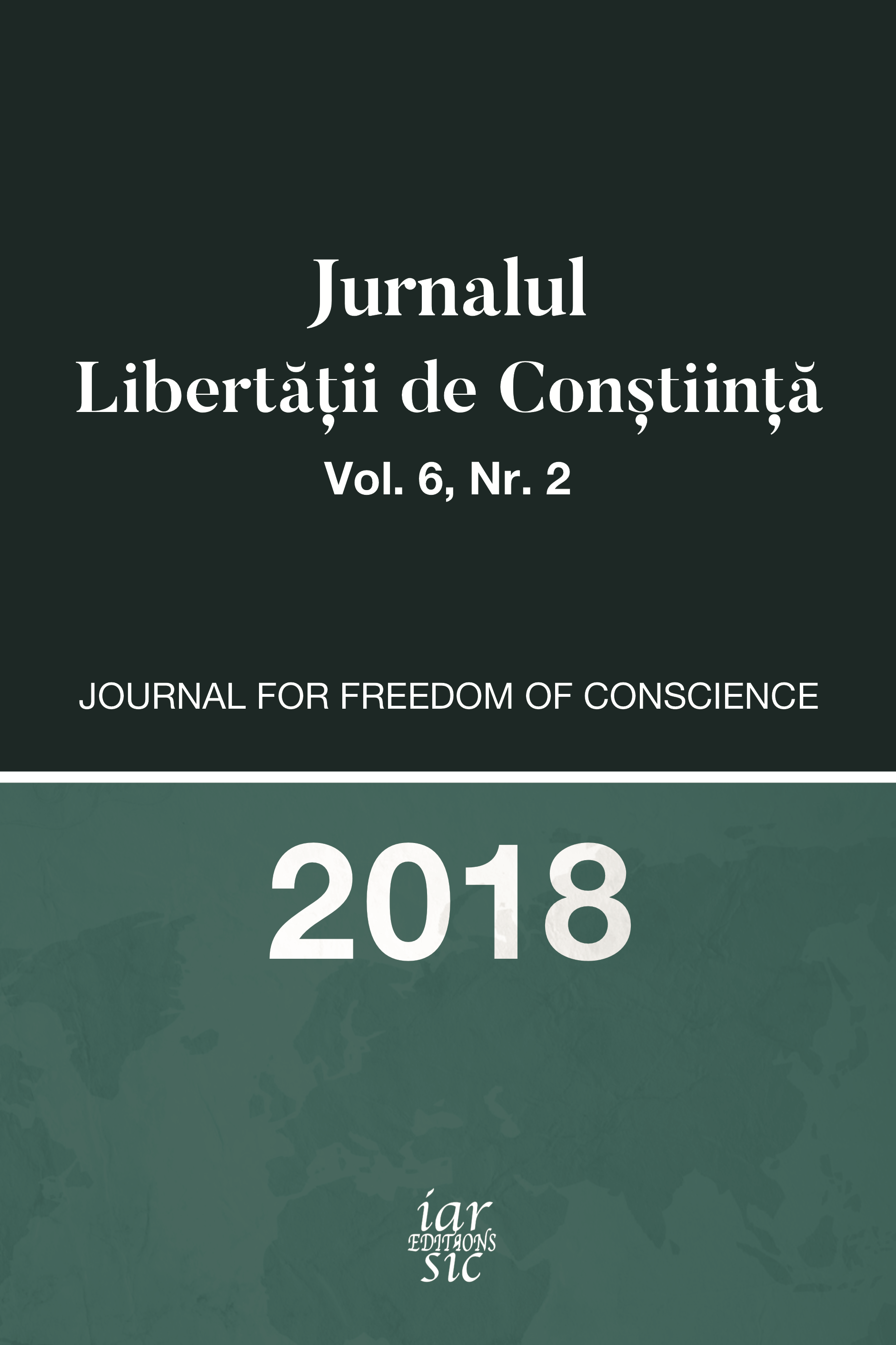IDEOLOGIA NEO-LIBERALĂ ȘI LIBERTATEA DE CONȘTIINȚĂ
Neo-Liberal Ideology and Freedom of Conscience
Author(s): Răzvan BrudiuSubject(s): Christian Theology and Religion, Theology and Religion, Eastern Orthodoxy
Published by: Editions IARSIC
Keywords: unity; neoliberalism; demographic movement; Christianity; economy; Human Rights; World Council of Churches;
Summary/Abstract: The first part of the paper focuses on the topic of the geographical- demographical movement of Christians at a global level. The aim is to present a few analyses and statistics on aspects related to the decrease of the number Christians on the European continent or to the fact that Christians lose ground to other religious movements. A series of analyses conducted by researchers demonstrate the fact that there is a movement of religions from one area to another, from one continent to another, movements caused, in general, by the effect of globalisation. Despite all this, even if these configurations, hypotheses or theories will not prove out completely, there are still some signals that draw attention or refer to a geographical change of the centre of gravity of Christianity in Europe, towards the African continent. The second part analyses the issue of Human Rights, which were initially some natural rights, with universal valences. Nevertheless, in time, the respective rights developed and ended up including also the new generations of rights, such as: social, economic and collective demands, belonging to the political area and too little to the natural area, culminating in some ecological rights, children rights, animal rights or rights of sexual minorities. The danger of perverting the concept of Human Rights appears through the insinuation of the false conscience, actually the perverted conscience, by renouncing any act of conscience, in the very name of the freedom of conscience. The end of the study puts forward some suggestions for the social doctrine of the Church, which global economy should take into consideration, namely: the principles of social justice in a state, but also between the states, the option for the poor, who should be offered the context and the opportunity to survive in a global economy, and, last but not least, promoting some exigencies that should bring a common good at an international level.
Journal: Jurnalul Libertății de Conștiință
- Issue Year: 6/2018
- Issue No: 2
- Page Range: 76-92
- Page Count: 17
- Language: Romanian

